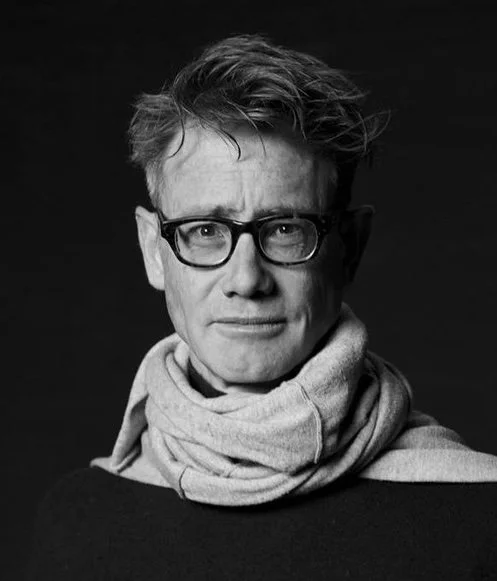Current Projects: Remote Presence
Recent years have underscored humanity's fundamental need for connection in an increasingly global, online, and remote world.
However, the day-to-day tools we have to manage and nurture those remote connections have proved lacking in replacing the trust, collaboration, deep conversations and lasting connection of in-person interactions. The same technology comes up equally short in mitigating our expensive and environmentally challenging need for frequent travel.
This is why we created Lucia: To re-invent video conferencing. Lucia delivers focused 1:1 conversations where high stakes, important connections, and close relationships demand more fidelity and presence than a thumbnail image in a cluttered screen window.
For the first Lucia product we deconstructed deep and meaningful conversations between two people, and built an abstract version that could be deployed remotely. The product then reconstructed the quintessential elements of of meaningful in-person contact: focus, fidelity, direct-eye gaze, feeling of shared space, enhanced ability to read non-verbal cues.
Lucia is Liminal Design made manifest.
Research and user testing confirms that we can reconstruct deep and meaningful in-person conversations in remote connections. The liminal space holding this engagement applies our liminal design framework and brings the experience into a narrative and cinematic environment, allowing for radically new applications of elevated presence - suspended states no longer bound by traditional technology.
This is Lucia for private and executive use. We currently engage in bespoke Lucia implementations to further elevate the product to fit unique use-cases, technology requirements and branding.
In addition, we are currently working on larger and thematic environments for public places and museums, as well as a pocket size “cube” to allow distributed presence and participation in several places simultaneously - all framed as a liminal and elevated experiences.
We would be happy to talk further about what you might bring to this work, or how we can tailor solutions for larger partners.
Team
Johan Liedgren is a writer, lecturer, filmmaker and founder of The Liminal Circle: an international think tank and consulting firm exploring Applied Liminality. The work centers on narrative theory and transformational design, seeking deeper and more meaningful experiences - intersecting technology with liminal spaces to build radically new products. Born in Sweden, Liedgren’s career spans design, management consultancy, a long list of tech and media start-ups, serving on public and private boards, as well as the founding years of Microsoft’s European HQ in Paris.
Mark Stramaglia is an experimental musician, game designer and software architect. He is a co-founder at Pine, working on fixing email with algorithmic empathy, and the founder of Bludgeonsoft, a producer of performative generative music synthesizers, as well as one very special whimsical yet deep artificial life simulator for evolving pixel art life. Mark was also a founding engineer at Metaweb, which later became Google Knowledge Graph, one of Google's most important core technologies.
Ewa Pasternak is a communication strategist and entrepreneur specializing in designing and developing quantum organizations, guided by quantum leadership and quantum management.
With over a decade of experience as a company owner, coach, academic researcher, and consultant, she has studied and developed frameworks that apply the principles of quantum physics to create sustainable, resilient, and aligned ways of leading and living. Together with a group of international management thinkers, she co-founded the Quantum Management Center.
Ewa’s deep fascination with liminal spaces—perceived as energy fields of creative and transformative potential—is reflected in her work in crisis management, facilitating change processes, and designing liminal technologies.
Dan Rosenfeld is an artist and technologist based in San Francisco. His work aims to create new and meaningful experiences through a focus on the psychological and social aspects of design. He invented several notable human-computer interaction technologies. He co-invented the first multi-touch mouse, and then led the team commercializing this work. He has worked extensively on video calling, patenting several solutions to the eye-contact problem, and leading the technical team for remote presence projects at Logitech.
His work in entertainment and the arts includes works like the Big Head Project, Sleepwalkers, and the #1 selling video game X-Men 2, The Clone Wars.





